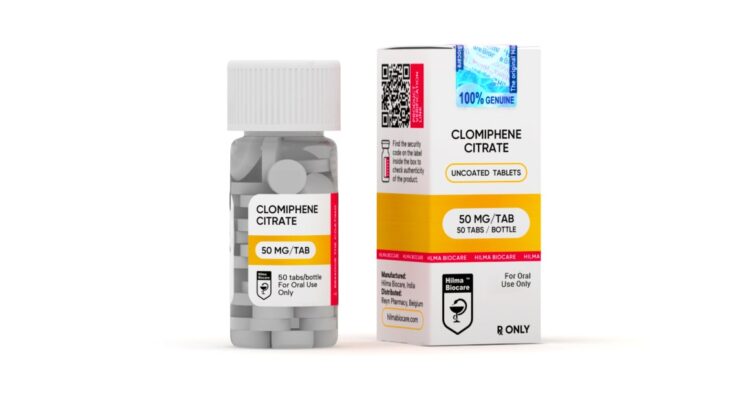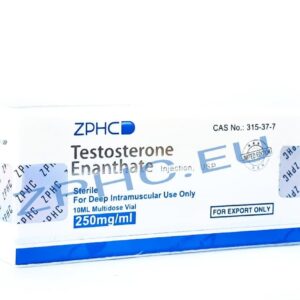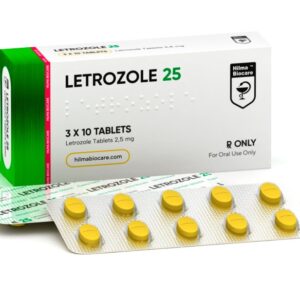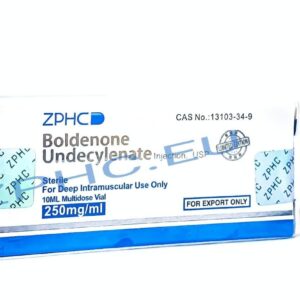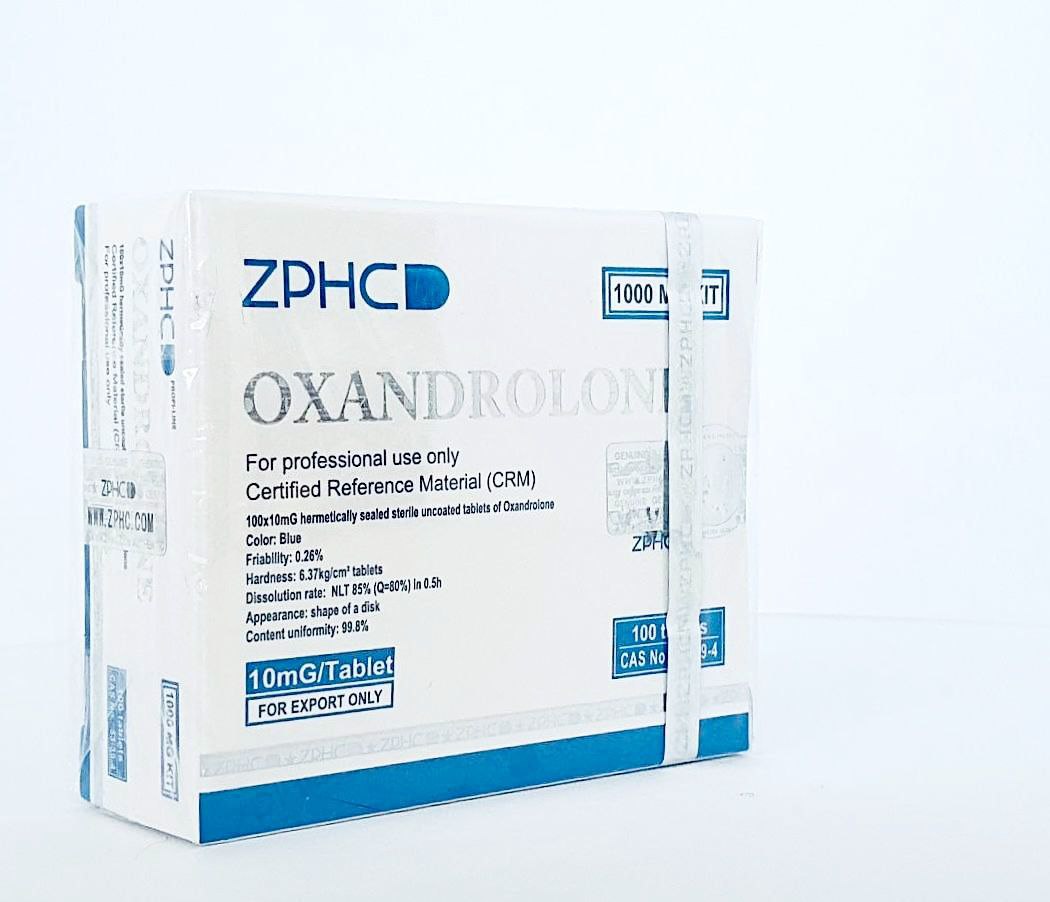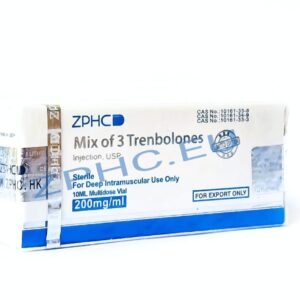Description
What is Clomid And What Does It Do?
Clomiphene citrate (available in pharmacies under the brand names Clostilbegit, Clomid) and tamoxifen (trade name Nolvadex) are antiestrogen belonging to the same group of triphenylethylenes. They are structurally similar and classified as selective estrogen receptor modulators with mixed agonistic and antagonistic properties.
This means that in certain tissues they block the action of estrogen by binding to receptors. While in other tissues they can act like real estrogen by activating receptors. In men, both drugs act as antiestrogen in their ability to interfere with the negative feedback of estrogen on the hypothalamus and stimulate increased production of GnRH (GnRH).
As a result, the production of luteinizing hormone prolactin and follicle-stimulating hormone by the pituitary gland will be increased, which in turn can increase the production of testosterone by the testicles. Both drugs do this, but for some reason bodybuilders keep thinking that only Clostilbegit is good for stimulating testosterone.
Clomiphene citrate acts on estrogen receptors in the pituitary and ovaries. By binding estrogen receptors in the pituitary gland, Clomid breaks the negative feedback mechanism, i.e. if usually estrogens, acting on the pituitary gland, reduce the production of FSH and LH, then this does not happen when taking Clomid. Clomid does not directly affect the level of estrogen in the blood.
Nolvadex (tamoxifen) is a better option than Clostilbegit (clomiphene) because:
Despite having less effect on the pituitary gland, Tamoxifen has the same ability to restore testosterone levels as Clomid
Nolvadex blocks the action of estrogens throughout the body, including the pituitary and hypothalamus. Which means that it will not only help restore testosterone secretion, but also prevent fluid retention in the body.
Tamoxifen is significantly cheaper than Clomid
Tamoxifen reduces cholesterol levels, which is important when using steroids
Clomid increases the level of globulin, which binds to testosterone, which negatively affects weight gain.
